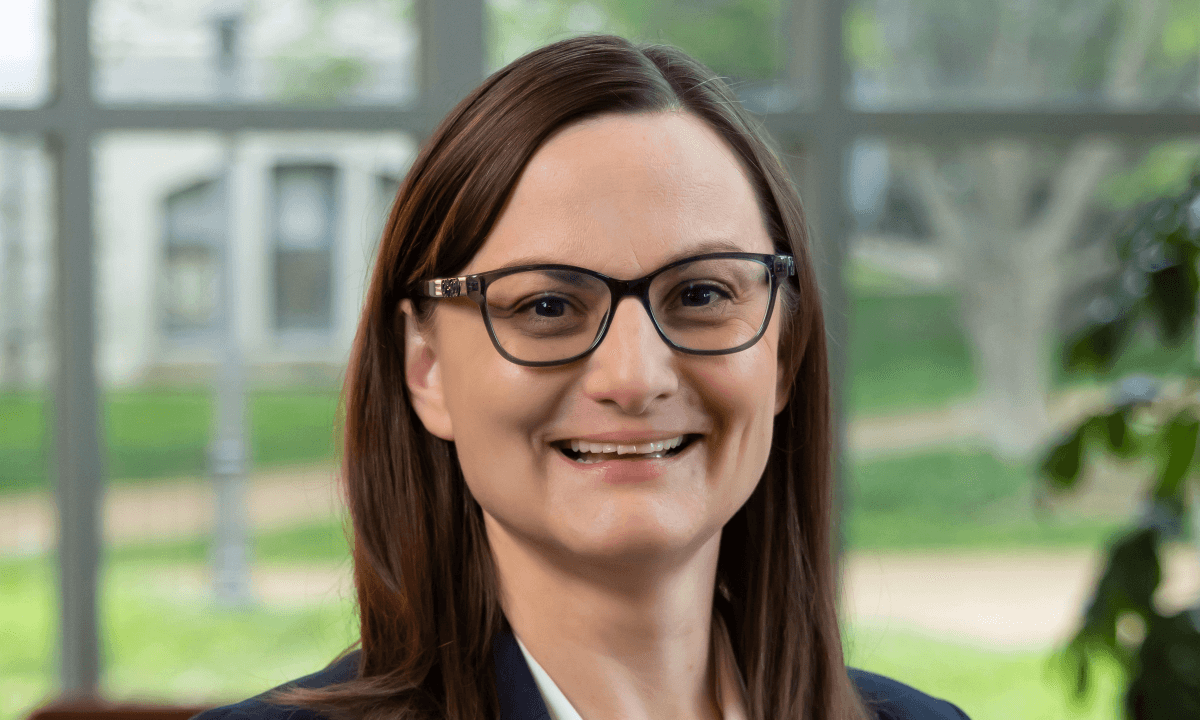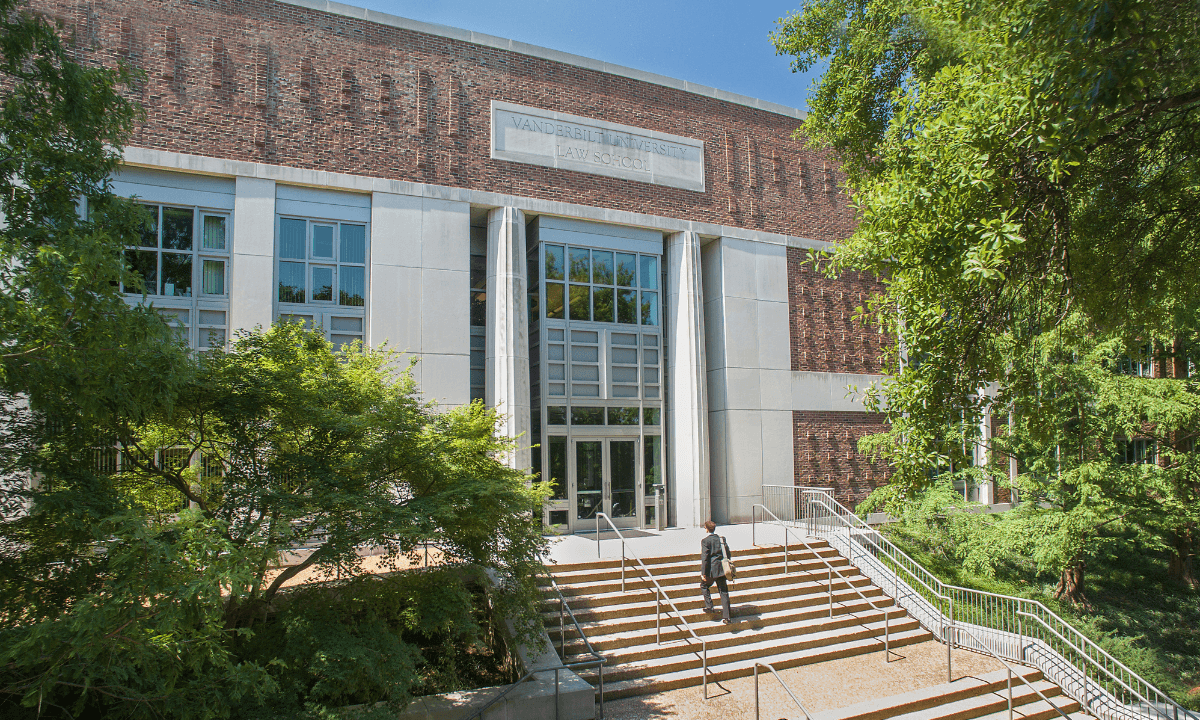Barry Friedman, who directs the Policing Project at New York University, where he is the Jacob D. Fuchsberg Professor of Law, and Vikrant Reddy, a senior fellow at Stand Together Trust (formerly the Charles Koch Foundation) and a member of the Federalist Society, discussed current issues in policing and reform proposals in Flynn Auditorium on March 20. Their wide-ranging discussion was moderated by Criminal Justice Program Director Chris Slobogin as part of the 2023 Dean’s Lecture Series on Race and Discrimination, which sponsors interdisciplinary lectures focusing on racial justice, civil rights, and discrimination.
Here are five takeaways from their discussion:
- Police accountability should remain a high priority, nationally and locally. “What needs to change is front-end accountability” at the local level, Friedman said, adding that the Policing Project drafts legislation they encourage states to adopt that involves measures such as banning choke holds.
- Any meaningful police reform must address entrenched racism in the criminal justice system. “It’s a reality that policing in America is tied into really deep social pathologies in American history, including racism,” Reddy said. “There are certain elements of our history that are fueled by racial animus, and that animus has gone into our systems, including criminal justice.”
- The research is clear: public safety improves with a greater police presence. “When you put more police out on the street, you get more public safety,” Reddy said. He emphasized the deterrent role the presence of uniformed police officers plays and noted that a larger police presence reduces the actual number of arrests. “It’s not that there are fewer bad guys on the streets, but people who have bad impulses know they’re being seen,” he said.
- People in all communities support a strong police presence. Friedman emphasized that, even in minority communities, “what people want is more, not fewer, police.”
- Reforms need to address the fact that many calls for police assistance reflect healthcare or social service needs rather than law enforcement needs. “A lot of reasons people call for help don’t require police officers,” Barry said. “They aren’t trained for mental health issues, illness, or homelessness. We need to rethink our response to those calls and send more appropriately trained personnel.”

